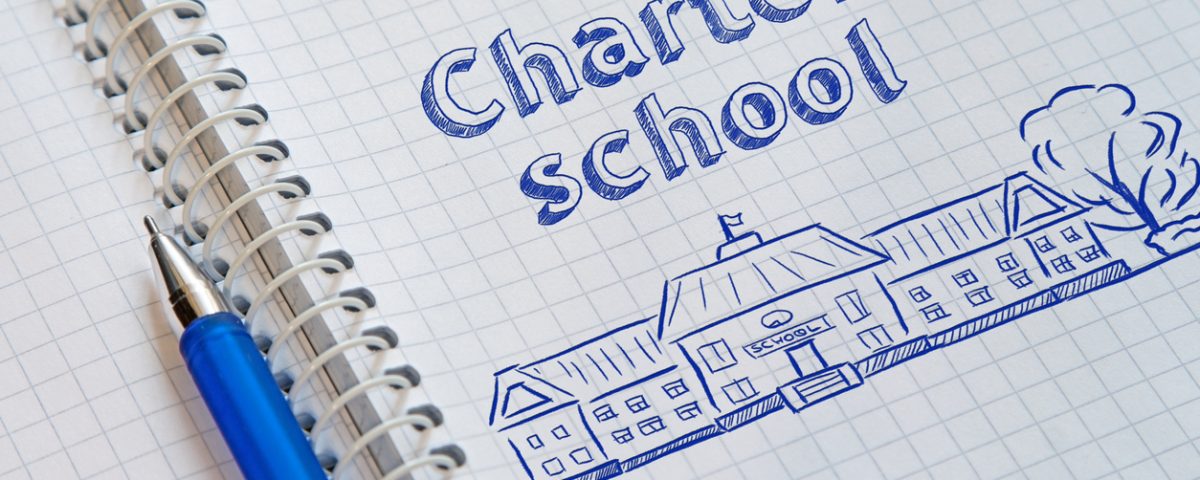Politics Create Challenges for Charter School Expansion

Tips for First-Year Special Education Teachers
December 20, 2021
Factors to Consider for Implementing a Co-Responder Program
January 4, 2022Politics Create Challenges for Charter School Expansion
Charter schools enroll over 3.3 million students, and those students are proven to outperform their non-charter school counterparts in many metrics. Proponents of the charter school system will tell you that these institutions promote academic success, offer unparalleled opportunity, and empower students who may otherwise be disadvantaged. Despite these selling points, charter schools are often plagued with politicized opposition which has hindered further expansion. Indeed, growth statistics have fallen from 8% annually to below 2%. To better understand how politics are creating challenges for charter schools — and how to overcome the obstacles — read this quick guide.
Loss of Funding
One of the biggest obstacles impacting charter school growth is the gradual loss of funding that’s occurred in recent years. Only 40% of Democrats espouse support for charter schools — in contrast to 61% of Republicans — and this lack of support has translated to a loss of funding in many jurisdictions. While charter schools have managed to minimize the per-student costs of operation, the expense of locating property, construction facilities, and hiring staff still poses a massive hurdle for new charter schools. Without adequate funding, the resources simply don’t exist for charter schools to continue expansion — even if a demand exists.
Prohibitive Legislation
In addition to a lack of adequate funding, many charter schools are seeing an increase on prohibitive legislation that poses a legal barrier to further expansion. Many jurisdictions, for example, impose a mandatory cap on the number of charter schools that can be established in an area. Despite population increases and boosted district enrollment numbers, some jurisdictions are declining to increase these caps — thus preventing any further expansion. Other legislative issues include increased requirements for reporting and accountability that can make compliance more difficult for existing charter schools.
Political Opposition
It’s unfortunately true that blatant political opposition to charter schools is on the rise. Since their establishment 30 years ago, charter schools have emerged as a polarizing concept, and opposition seems to be getting louder. Critics claim that charter schools decrease the overall quality of public education by poaching the best students from the district. Others claim that they siphon funding away from needier schools. Regardless of these critiques, the fact remains that charter schools offer some of the most promising opportunities for students.
Overcoming Obstacles
How can charter schools overcome these obstacles and serve students effectively? Continuing to focus on student success is the only way. There will likely always be critics and opponents of the charter school system, but with the right resources, charter schools can continue to improve student outcomes and facilitate academic excellence. Maintaining a track record of success is the best defense against critics who may attempt to thwart the expansion of charter schools.
About PGUI
Professional Governmental Underwriters, LLC., is a full-service risk management company dedicated to assisting public, educational and non-profit entities in the management of their professional liability exposures including educators liability insurance. We are dedicated to providing state-of-the-art professional underwriting management and loss control advisory services on behalf of our designated carriers. For more information, call us toll-free at (800) 586-6502.


